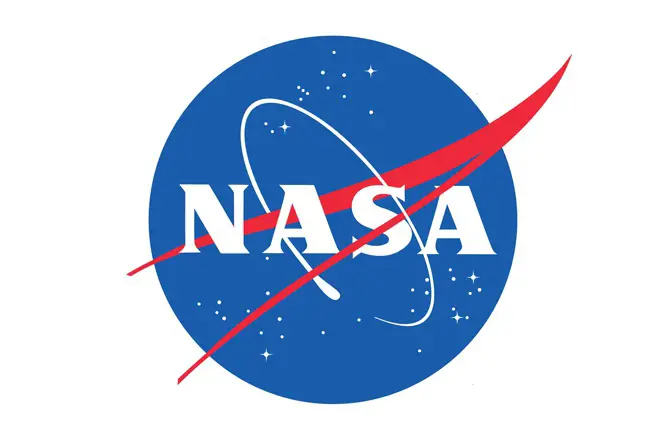NASA has selected 12 graduate students under its Minority University Research and Education Project (MUREP) and Aeronautics Research Mission Directorate (ARMD) to conduct research and ensure contribution for its mission.
The $1.9 million fellowship under the NASA Fellowship Activities aims to establish a workforce that is trained in science, technology, engineering and mathematics (STEM).
Through MUREP, NASA provides financial assistance via competitive awards to minority-serving institutions including historically black colleges and universities, Hispanic serving institutions, tribal colleges, and universities, among others.
The fellowship aims to develop highly skilled engineers and scientists and enable students to become part of space agency’s bid in exploration and discovery.
“These fellowships link students to paths where they can gain valuable hands-on work experience and the opportunity to collaborate with NASA,” Mike Kincaid, associate administrator for the Office of STEM Engagement, said.
“The agency benefits from their fresh perspectives and innovative ideas which help enable our exploration goals,” he added.
The space agency has further awarded training grants to another 12 students for different projects for a period of three years.



